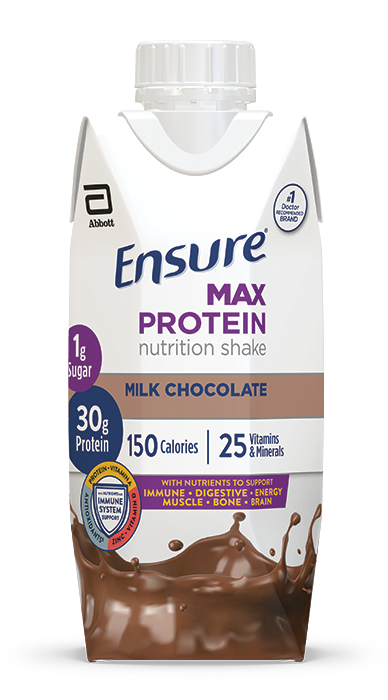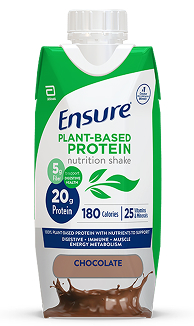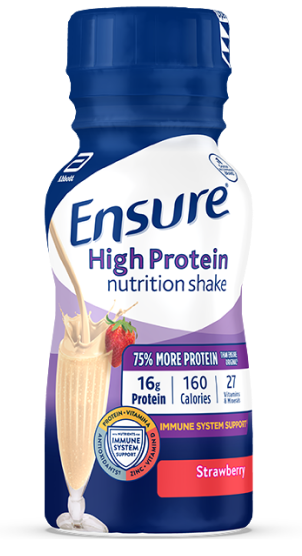References:
1. Baier S, et al. JPEN J Parenter Enteral Nutr. 2009;33:71-82. 2. Leong DP, et al. J Cachexia Sarcopenia Muscle. 2016;7:535-546. 3. Janssen I, Heymsfield SB, Wang ZM, Ross R. Skeletal muscle mass and distribution in 468 men and women aged 18-88 yr. Journal of applied physiology (Bethesda, Md. : 1985). 2000;89(1):81-88. 4. Vandewoude MFJ, Alish CJ, Sauer AC, Hegazi RA. Malnutrition-sarcopenia syndrome: is this the future of nutrition screening and assessment for older adults? Journal of aging research. 2012;2012:651570. 5. Newman AB, Lee JS, Visser M, et al. Weight change and the conservation of lean mass in old age: the Health, Aging and Body Composition Study. The American Journal of Clinical Nutrition. October 1, 2005 2005;82(4):872-878. 6. Forbes GB. Longitudinal changes in adult fat-free mass: influence of body weight. The American Journal of Clinical Nutrition. December 1, 1999 1999;70(6):1025-1031 7. US Department of Health and Human Services, US Department of Agriculture. 2015-2020 dietary guidelines for Americans. 8th ed. https://health.gov/dietaryguidelines/2015/resources/2015-2020_Dietary_Guidelines.pdf. Published December 2015. Accessed May 17, 2018. 8. Deutz NE, et al. Clin Nutr. 2014;33(6):929-936. 9. Leidy HJ, et al. Am J Clin Nutr. 2015;101(6):1320S-1329S. 10. Teunissen-Beekman KF et al. Curr Opin Lipidol. 2013; 24(1):65-70. 11. Buendia JR, et al. Am J Hypertens. 2015;28(3):372-379. 12. Guasch-Ferré, M et al. Circulation. 2019;139(15):1828-1845. 13. Krok-Schoen J, et al. Low dietary protein intakes and associated eating behaviors in an aging population: a NHANES analysis. Abstract presented at: Clinical Nutrition Week; January 22-25, 2018; Las Vegas, NV. 14. Mamerow M, et al. J Nutr. 2014;144(6):876–880.




